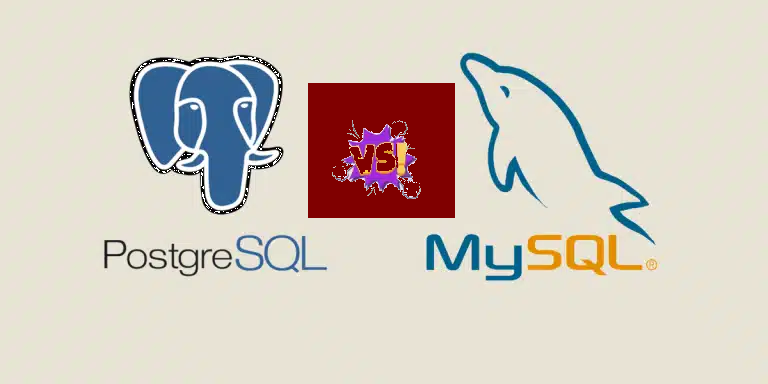Choosing the right database management system (DBMS) is crucial for the success of any application. MySQL and PostgreSQL are two of the most popular open-source relational databases, each with its own strengths and weaknesses. This article will delve into their key features, advantages, disadvantages, and use cases to help you make an informed decision.
Understanding MySQL and PostgreSQL
MySQL is a widely used, high-performance relational database management system known for its speed and simplicity. It’s often the default choice for web applications due to its ease of use and scalability.
PostgreSQL, on the other hand, is a powerful, object-relational database system that emphasizes data integrity, reliability, and advanced features. It’s suitable for complex applications requiring robust data handling and analysis.
Key Features Comparison
| Feature | MySQL | PostgreSQL |
|---|---|---|
| ACID Compliance | Yes | Yes |
| Data Types | Basic | Richer, including arrays, JSON, and more |
| Indexing | Supports various indexing types | Supports advanced indexing, including GIN and BRIN |
| Transactions | Supports transactions | Strong support for transactions and isolation levels |
| Foreign Key Constraints | Supports | Supports |
| Triggers | Supports | Supports |
| Stored Procedures | Supports | Supports |
| Full Text Search | Basic | Advanced, with support for ranking and relevancy |
| Replication | Supports | Supports, with advanced features like streaming replication |
| High Availability | Supports clustering | Supports clustering and advanced replication features |
Advantages and Disadvantages
MySQL
Advantages:
- High performance for read-heavy workloads
- Easy to use and administer
- Large community and extensive support
- Widely adopted in the industry
- Cost-effective
Disadvantages:
- Limited data types and features compared to PostgreSQL
- Potentially weaker data integrity for complex applications
- Scalability challenges for extremely large datasets
PostgreSQL
Advantages:
- Advanced features like JSON, arrays, and full-text search
- Strong data integrity and consistency
- Scalability and performance improvements in recent versions
- Active community and growing ecosystem
- Suitable for complex applications
Disadvantages:
- Can be more complex to set up and administer
- Performance might be slightly lower for simple workloads compared to MySQL
- Smaller market share than MySQL
Use Cases
MySQL is ideal for:
- Web applications with high read traffic
- Content management systems (CMS)
- Online stores
- Applications with simple data structures
PostgreSQL is well-suited for:
- Complex web applications with heavy write loads
- Geospatial applications
- Data warehousing and analytics
- Enterprise applications requiring advanced features
- Applications with high data integrity requirements
When to Choose Which Database
Ultimately, the best database for your application depends on specific requirements:
- Prioritize performance and simplicity: MySQL is a good choice.
- Need advanced features, data integrity, and scalability: PostgreSQL is a strong contender.
- Balancing performance and features: Consider both options and benchmark them with your specific workload.
It’s essential to evaluate your application’s needs carefully and consider factors such as data volume, complexity, scalability, and performance expectations. In some cases, using both databases in a hybrid architecture might be beneficial.
By understanding the strengths and weaknesses of MySQL and PostgreSQL, you can make an informed decision that will positively impact your application’s performance and reliability.
